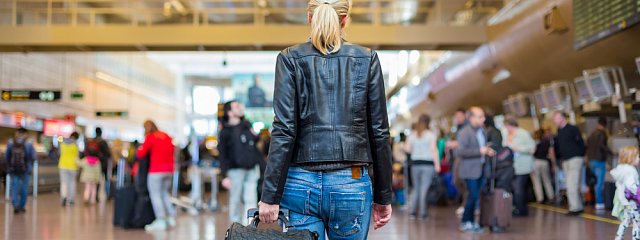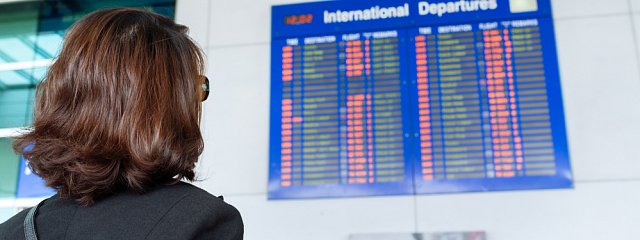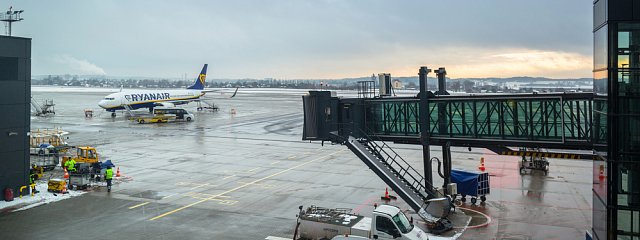What to watch out for when buying your tickets!
What to watch out for when buying your tickets. What is the codeshare of the flight... Where to spot pitfalls in the event of a future claim for compensation due to an incorrectly operated flight. What to expect and how not to be unpleasantly surprised. You can find it all in the text below...

A large number of articles describe more or less correctly and in detail when passengers in an airplane have a claim arising from an improperly operated flight, and what they are entitled to. This is determined by the duration of the delay of the flight (3+ hours) for which the passenger is entitled to compensation. It is determined by the location of the delay (the arrival destination). It is determined by the distance for which the passenger is entitled to compensation(up to 1500 km – EUR 250, from 1501 km to 3500 km – EUR 400, over 3501 km – EUR 600). It is also determined by who the European regulation applies to (flights within the EU, flights from the EU, or flights operated by carriers with headquarters in the EU). It’s simple and easy...
Or is it?
There are pitfalls here arising not from the legislation itself, but rather from the marketing practices of sellers of airline tickets or the business strategies of the airlines themselves. We’ll be happy to explain and show these practices to you, as well as what to watch out for when buying tickets. The figure below shows actual ticket reservations from Paris to Canton, China and back. Let’s say that all three flights experience a delay longer than 3 hours. Which flight will be entitled to compensation? See if you can guess the answer on your own...
1st flight
2nd flight
3rd flight
If you answered Flight No.1 – YES, Flight No.2 YES and Flight No.3 NO, congratulations. You know your stuff – thumbs up! For those of you who didn’t know the right answer, don't let it get you down – we can explain. That way you’ll know for the future, which is the entire point of this article. As we mentioned above, one of the main conditions for claiming compensation is the departure location and the airline operating the given flight.
In the case of Flight No. 1, this was a flight from Paris, which is a departure location in the EU. In this case, even though the flight is operated by China Southern Airlines, the condition has been met.
In the case of Flight No. 2, the departure location is Canton, a location outside the EU, but the flight in question is operated by Air France, whose headquarters is within the EU. In this case, one of the conditions has been met, and it is therefore possible to request compensation.
With Flight No. 3, this is once again a flight from Canton, a location outside the EU, but in this case the flight is operated by China Southern Airlines, an airline with headquarters outside the EU. In this case there is no claim for compensation from the perspective of European legislation (in the case of Chinese legislation there could indeed be the option for compensation, however we will address this in another article), and therefore no entitlement for compensation due to the delayed flight.
Why does this happen? The explanation is in the business model, specifically the agreements between the airline and other airlines. This is a “shared flight” (codeshare), where the flight in question is sold under the marketing designation of multiple airlines. Indeed, it is not uncommon that one flight is shared by up to four or five airlines... This can be seen in the first example, where the Air France logo is shown in the header of the reservation, and the flight is also from the Air France numbering system (AF7760), but the flight is actually operated by China Southern Airlines.
If you want to be sure that you’ll be entitled to file a claim for compensation for your incorrectly operated flight, always check before making your purchase whether the given flight is actually operated by a European carrier. The information about who is operating the flight should always be visible, however it can sometimes be necessary to read closely in order to find this information. If you’re not sure, or you can't find the relevant information, call the entity selling the air tickets and ask. Here are some other examples:
The last moment before your flight when you can be 100% certain who is operating the flight is the moment of boarding, when you can see what is written on the airplane. By then, unfortunately, it will be too late. :-)


